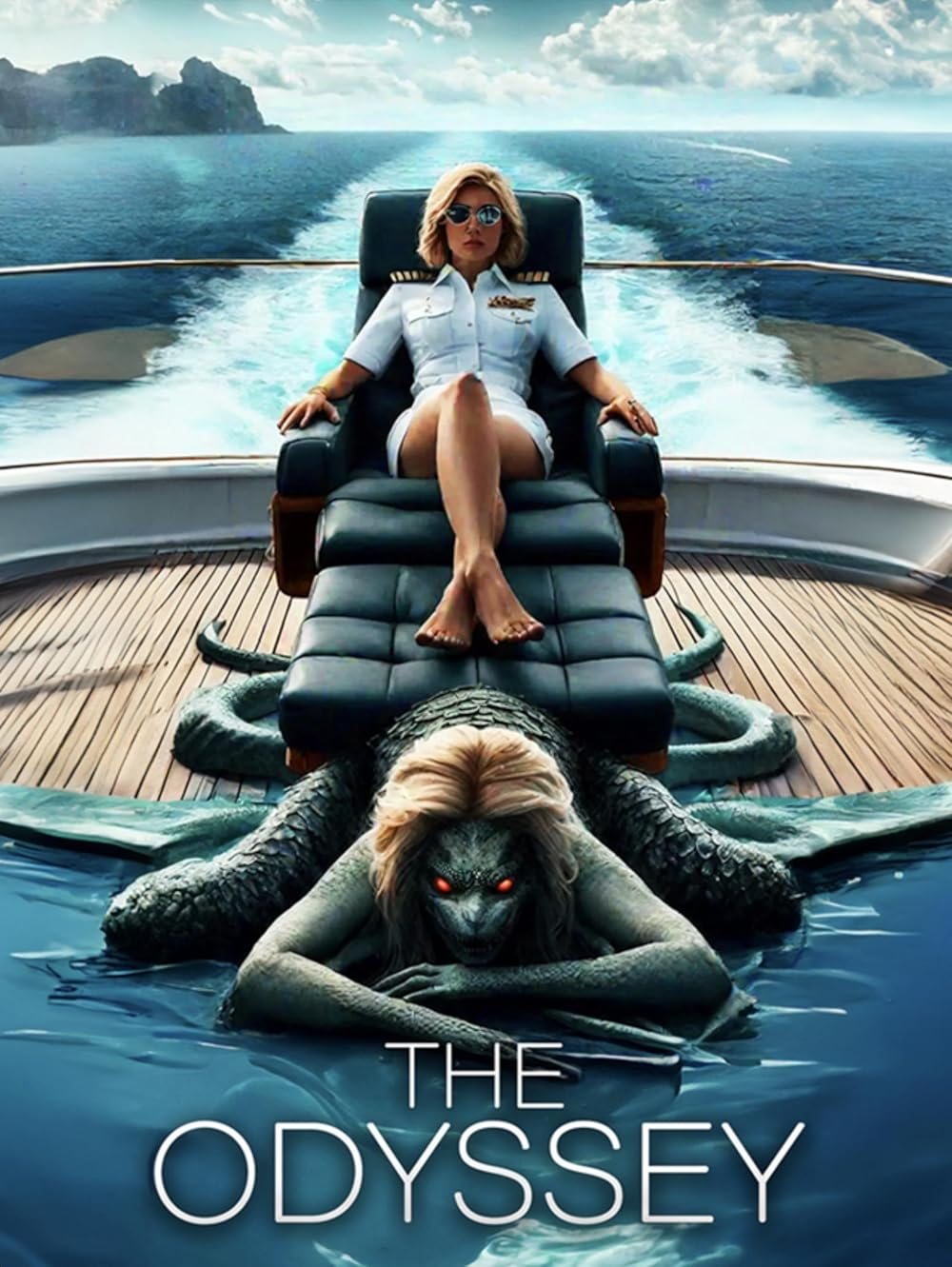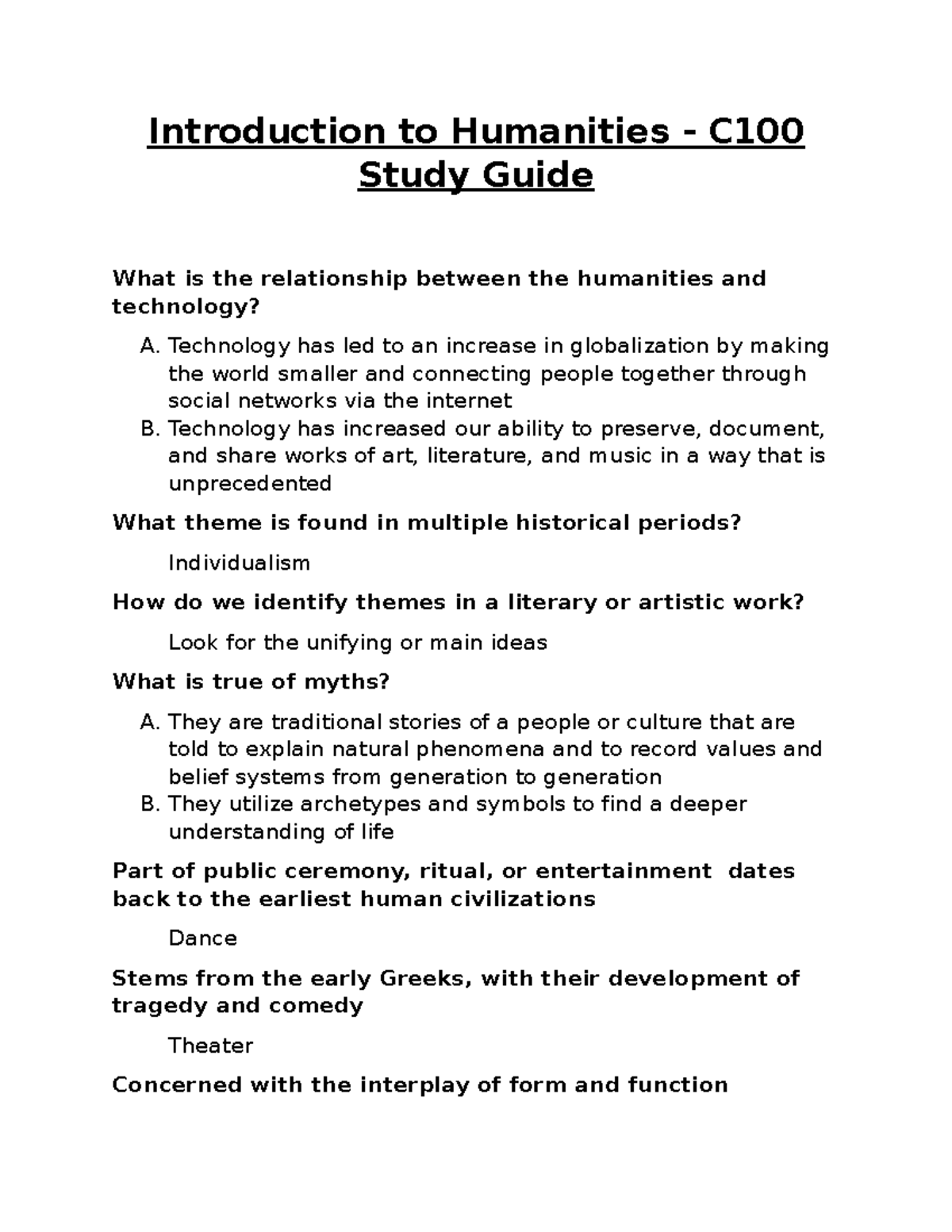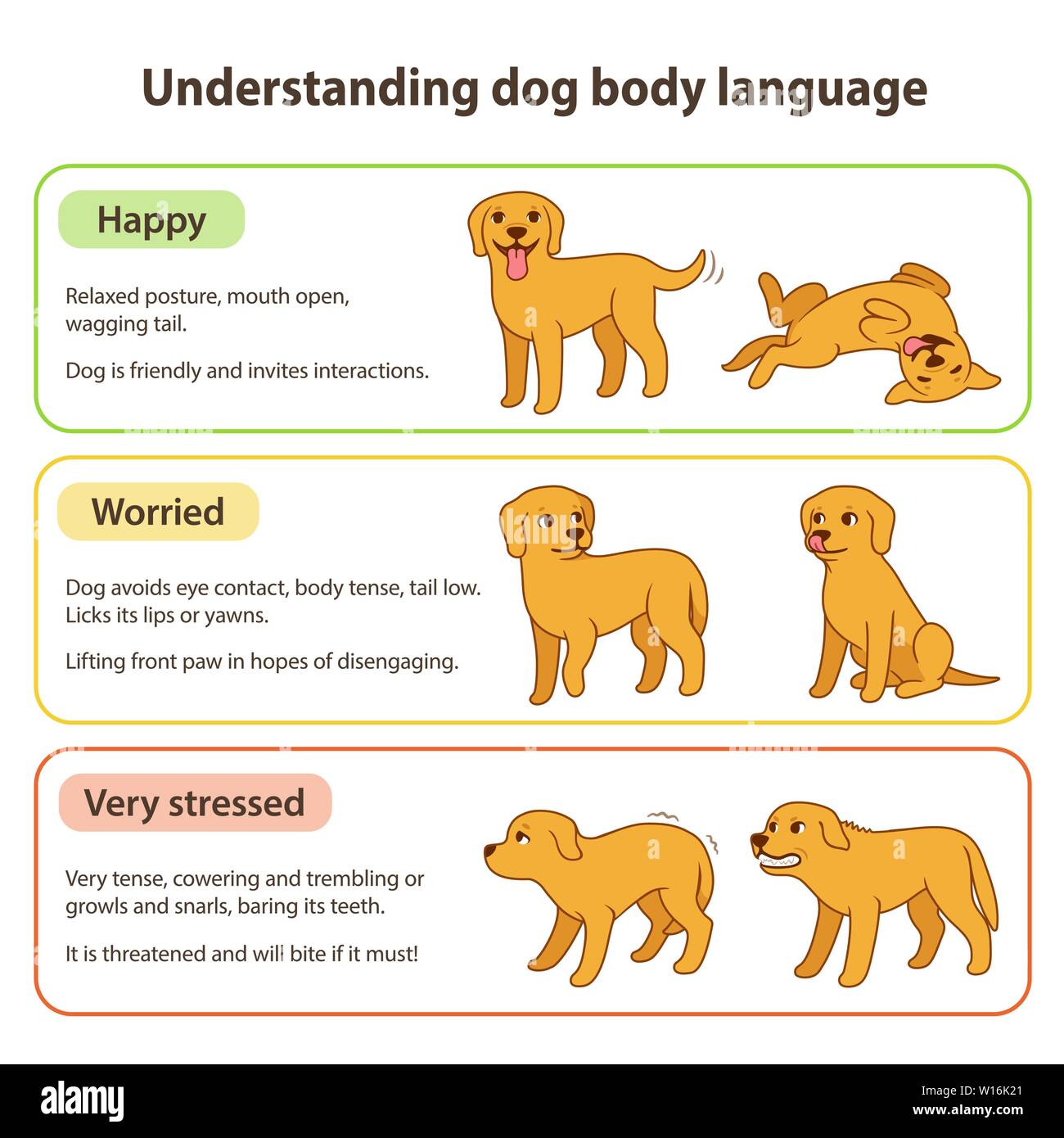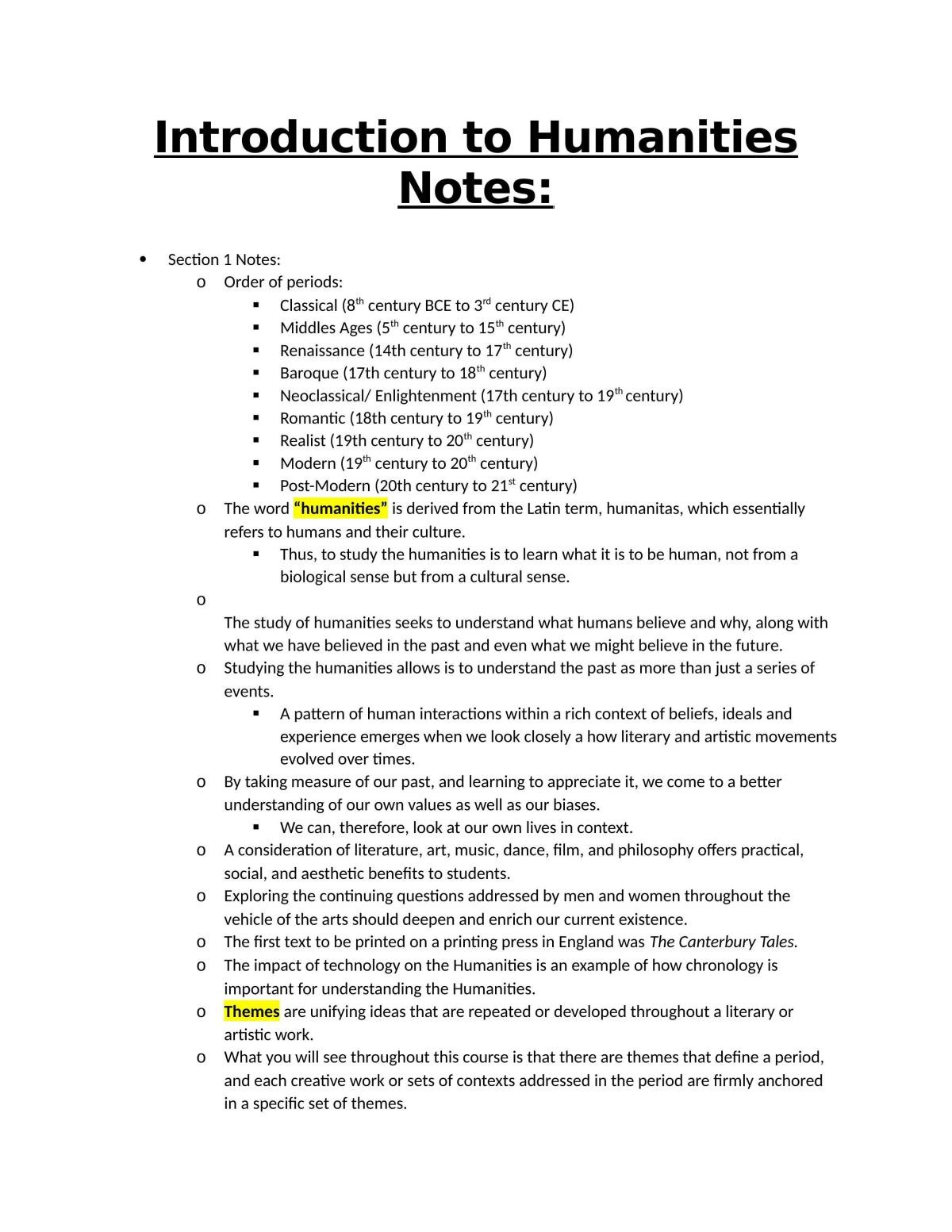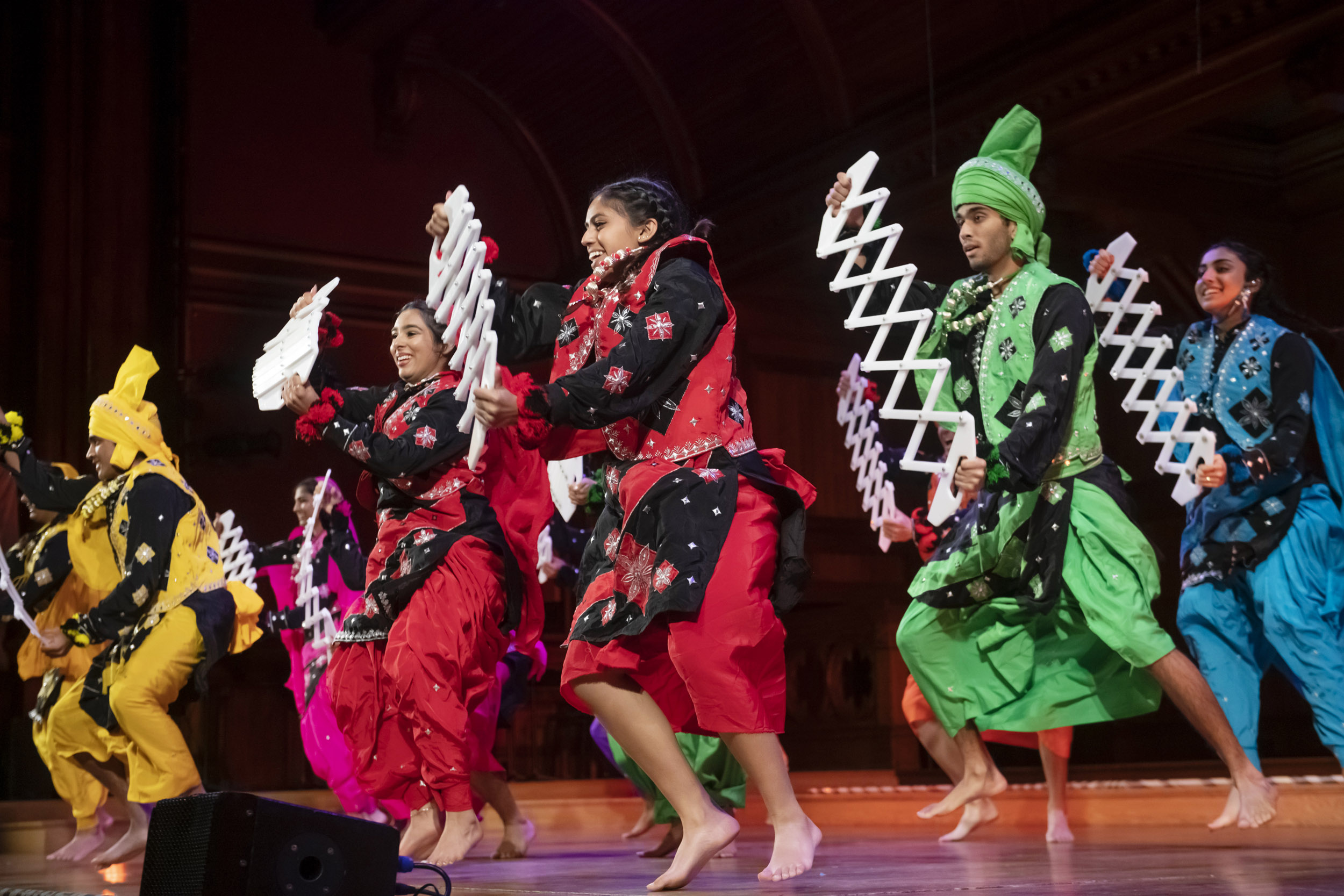“The Odyssey” has once again emerged as a cultural touchstone, captivating audiences with its timeless themes and compelling characters. This epic poem, attributed to Homer, not only recounts the adventures of the cunning hero Odysseus but also explores profound existential questions that resonate even today. The recent stage adaptation at the American Repertory Theater and the anticipated film by acclaimed director Christopher Nolan further underscore the relevance of Homer’s Odyssey in modern storytelling. With over 100 translations available, including notable works by George Chapman and Emily Wilson, readers are continually discovering fresh perspectives on this ancient text. Classicist Greg Nagy emphasizes the importance of personal interpretation in navigating the rich character dynamics and moral complexities that define the Odyssey.
Known for its profound narrative and complex characterizations, Homer’s epic is a quintessential exploration of heroism and the struggles associated with the human spirit. “The Odyssey” serves not only as a tale of adventure but also as a metaphorical landscape where the protagonist, Odysseus, exemplifies the archetypal journey every individual faces. The multitude of adaptations, spanning various forms of media such as theater and film, signals the universal truths embedded in this ancient narrative. Scholars like Greg Nagy delve into the intricacies of the characters, shedding light on their multifaceted personalities and the ethical dilemmas they confront. This epic continues to enchant new generations, inviting them to reflect on their own journeys and the essence of human existence.
The Timeless Appeal of Homer’s Odyssey
Homer’s “Odyssey” continues to resonate with audiences around the world, showcasing its timeless themes of adventure, loyalty, and the human condition. The ongoing adaptations, such as the A.R.T.’s recent production and the anticipated film directed by Christopher Nolan, illustrate the epic’s enduring relevance. In an age where modern storytelling often draws on classic narratives, the “Odyssey” remains a foundational text, providing insight into the complexities of human desires and struggles, which are as relevant today as they were nearly 3,000 years ago.
This classic tale’s adaptability speaks volumes about its narrative strength. Scholars like Greg Nagy emphasize the ‘journey of the soul’ that Odysseus undertakes, which resonates with readers on a deeply personal level. Each generation interprets this journey in light of contemporary challenges, making Homer’s work an ever-evolving artifact of literary heritage. As translations evolve, such as Daniel Mendelsohn’s new version, we find renewed insights into the characters and their experiences, showcasing the epic’s ability to bridge gaps between past and present.
Exploring the Numerous Translations of The Odyssey
The world of “Odyssey” translations is rich and diverse, with over 100 translations bringing various interpretations to life. Each translator brings their unique voice, shedding new light on Homer’s text. Notable translations include George Chapman’s, the first complete English translation from 1616, and Emily Wilson’s groundbreaking 2017 version as the first female translator of the epic. Chapman’s work is lauded for its poetic nuances, while Wilson captures the emotional depth of the characters in a fresh and accessible way.
In addition to these, the translations by Richmond Lattimore and Robert Fitzgerald stand out among scholars and enthusiasts alike. Lattimore’s accuracy and Fitzgerald’s lyrical flow offer dramatically different listening experiences, showcasing the rich tapestry of approaches available. Such variations in translation not only reflect the translators’ artistic choices but also allow readers to engage with Homer’s characters like Odysseus and Penelope in multiple dimensions, each rendering a unique facet of their timeless narratives.
The Captivating Character of Odysseus
Odysseus, often described as a complex hero, embodies the characteristics of a trickster within the narrative. His cleverness and strategic thinking allow him to navigate obstacles, often bending the rules that society upholds. According to professor Greg Nagy, Odysseus’s multifaceted persona, referred to as ‘the man of twists and turns,’ challenges traditional notions of heroism, positioning him as a flawed yet relatable figure. This complexity is what allows readers to find appeal in his journey, as it reflects the internal struggles and moral dilemmas faced by individuals.
Moreover, the way Odysseus operates against societal expectations serves as a commentary on the nature of heroism itself. Rather than conforming to the archetype of an unflawed champion, he reveals a more intricate psyche, grappling with vengeance, loyalty, and personal transformation. This makes him a compelling subject for analysis and discussion, as audiences can see themselves within his adventures and misadventures. Ultimately, Odysseus’s character prompts a deeper exploration of what it truly means to be a hero.
The Role of Penelope in The Odyssey
Penelope, the wife of Odysseus, emerges as a powerful character whose intelligence often eclipses that of her husband. As Greg Nagy notes, her ability to navigate complex situations reflects her strength and agency amid the epic’s trials. Penelope’s wit and patience shine through, especially in her interactions with the suitors who threaten her household. Her cunning in delaying remarriage showcases not only her loyalty but also her tactical acumen, making her a favorite among readers and scholars alike.
Addressing her famous dream narrated to Odysseus—a moment where her intellect is profoundly revealed—Penelope’s character serves as a reminder that heroism can manifest in various forms. While Odysseus embarks on grand adventures, Penelope’s subtle strength in maintaining her household and manipulating the circumstances around her demonstrates that the domestic sphere is equally significant in the epic. Thus, her character adds layers to the narrative, illuminating themes of fidelity, resilience, and the often-overlooked power of women in classical literature.
The Modern Adaptations of The Odyssey
Modern adaptations of “The Odyssey” breathe new life into the ancient epic, allowing contemporary audiences to connect with its core themes. The upcoming film by Christopher Nolan exemplifies this trend, promising a cinematic reinterpretation that resonates with modern sensibilities while maintaining fidelity to the source material. By investing in high-profile projects, filmmakers showcase the ongoing relevance of Homer’s narrative in popular culture, reaffirming its status as a cornerstone of Western literature.
Stage adaptations, such as the recent production at the American Repertory Theater, also play a significant role in re-engaging audiences with the epic. These interpretations often emphasize the emotional depth and moral dilemmas faced by characters like Odysseus and Penelope, making them relatable figures in our contemporary discussions about identity and journey. With each adaptation, we see how the essence of Homer’s work continues to inspire creativity and dialogue across time and media.
Greg Nagy’s Insights on The Odyssey
Greg Nagy, an esteemed classicist, offers profound insights into the enduring significance of “The Odyssey”. His commentaries not only highlight the linguistic beauty of Homer’s text but also shed light on the broader cultural and emotional landscapes of the characters involved. Through his analysis, readers are invited to explore the underlying themes of identity, morality, and personal growth that are woven throughout the epic, enriching their understanding and appreciation of the narrative.
Nagy’s reflections emphasize that engaging with the “Odyssey” is more than just a literary exercise; it serves as a catalyst for personal introspection. He encourages readers to view the hero’s journey as a metaphor for their quests in life, suggesting that the challenges Odysseus faces mirror our own struggles. Such insights affirm that critical engagement with classics like Homer’s works can yield valuable lessons applicable to today’s world, reinforcing the poem’s status as a timeless touchstone for readers.
The Epic Journey of the Soul
At its core, “The Odyssey” is an epic that encapsulates the journey of the soul, where Odysseus’s travels serve as a metaphor for self-discovery and personal evolution. This idea, emphasized by scholars like Greg Nagy, positions the narrative as a transformative experience for both the protagonist and the reader. As Odysseus encounters various characters and challenges, he not only strives to return home but also grapples with his identity and values, making his journey deeply relatable to anyone confronting their own life journeys.
Readers are encouraged to delve into the layers of meaning within each episode of the epic, revealing insights about human nature and the quest for fulfillment. Michael’s reflections on the trials faced by characters illustrate how the experiences we undergo shape our understanding of ourselves and the world around us. This thematic exploration demonstrates the relevance of Homer’s message in a contemporary context, inspiring readers to reflect on their paths and growth.
The Intersection of Literature and Film
As adaptations of “The Odyssey” transition from page to screen, the relationship between literature and film becomes increasingly relevant. Directors like Christopher Nolan and adaptors of theatrical performances interpret the epic through a modern lens, showcasing how visual storytelling can enhance and expand on literary themes. Such adaptations offer powerful interpretations of Homer’s work, inviting new audiences to engage with ancient narratives in ways that resonate with contemporary experiences.
Film adaptations also highlight the dynamic nature of storytelling, showcasing how timeless tales can evolve while still preserving their core messages. Readers familiar with the characters and their journeys will find new dimensions in their portrayal on screen, prompting discussions about fidelity to the source material versus creative interpretation. This intersection is a testament to the versatility of “The Odyssey” and its ability to inspire diverse interpretations across various media forms.
The Influence of Historical Context on Homer’s Odyssey
Understanding the historical context in which “The Odyssey” was composed enriches our appreciation of its narrative depth. Initially formed in the Ionian cities during the late eighth century B.C.E., this epic reflects the cultural and societal values of its time, interconnected with themes of heroism, morality, and the human experience. The historical backdrop lays the foundation upon which Homer crafts a tale that traverses both personal and collective journeys, which resonates powerfully through generations.
By examining the environment surrounding Homer’s original audience, we gain insight into how socio-political dynamics influenced the characters and their interactions. The nuances that arise from this context serve as a framework for understanding the intricate relationships between Odysseus, Penelope, and others in the narrative. In appreciating these layers, readers can engage more profoundly with the text, recognizing how historical perspectives shape our interpretations and appreciation of classic literature.
Frequently Asked Questions
What makes Homer’s Odyssey relevant in contemporary adaptations?
Homer’s Odyssey remains relevant due to its rich themes and relatable characters, which have inspired various adaptations, including stage productions like the one at the American Repertory Theater, new translations such as Daniel Mendelsohn’s, and upcoming films like Christopher Nolan’s adaptation.
How many translations of The Odyssey exist, and which is the best?
There are over 100 translations of The Odyssey. Each translation has its own strengths, with notable ones being George Chapman’s 1616 version, Emily Wilson’s 2017 translation, and those by Richmond Lattimore and Robert Fitzgerald, each bringing unique interpretations to the epic.
Why is Odysseus seen as a trickster in The Odyssey?
Odysseus is viewed as a trickster in The Odyssey due to his cleverness and ability to navigate challenging situations. His character embodies the trickster archetype, revealing how societal norms can be bent or broken, making him a complex and fascinating hero.
What can readers learn from Penelope’s character in The Odyssey?
Penelope’s character in The Odyssey showcases intelligence and resilience. Readers can learn about the strength of loyalty and wit, as her strategic thinking often matches or even surpasses that of Odysseus, making her a critical figure in the narrative.
How does Greg Nagy’s perspective enhance our understanding of The Odyssey?
Greg Nagy’s insights provide a deeper understanding of The Odyssey by highlighting its timeless appeal and the intricate character dynamics. His commentary on Odysseus as a trickster and Penelope’s intelligence enriches the reading experience, emphasizing the epic’s relevance across generations.
What themes make The Odyssey a ‘journey of the soul’?
The Odyssey represents a journey of the soul through its exploration of identity, loyalty, and personal growth. Odysseus’s adventures reflect the struggles and transformations that individuals face, encouraging readers to engage with their own journeys of self-discovery.
How has The Odyssey influenced modern literature and film?
Homer’s Odyssey has profoundly influenced modern literature and film by inspiring countless retellings and adaptations. Its narrative structure, character archetypes, and themes of adventure and introspection resonate within contemporary storytelling, including adaptations by filmmakers like Christopher Nolan.
What can we learn from the different characters in The Odyssey?
Each character in The Odyssey, from Odysseus to Penelope and Telemachus, offers valuable lessons on human nature, resilience, and the complexities of relationships, illustrating timeless themes of loyalty, cleverness, and the quest for identity.
| Key Points | Details |
|---|---|
| Cultural Relevance | The Odyssey continues to be significant today, as seen in new adaptations and translations. |
| Theatrical Adaptation | A stage adaptation of The Odyssey was performed at the American Repertory Theater. |
| Upcoming Film | Christopher Nolan is set to direct a film adaptation, garnering significant interest. |
| New Translation | Daniel Mendelsohn’s new translation, admired for its poetic qualities, will soon be released. |
| Literary Analysis | Greg Nagy discusses the poem’s enduring appeal and the character of Odysseus as a complex trickster. |
| Female Character Interpretation | Nagy praises Penelope’s intelligence and depth, emphasizing her critical role in The Odyssey. |
| Soul Journey | The Odyssey is characterized as a journey of the soul, inviting introspection and engagement from readers. |
Summary
The Odyssey remains a cornerstone of literature that continues to inspire and resonate with audiences nearly 3,000 years after its composition. This epic tale, rich in themes of adventure, identity, and morality, also offers profound insights into the human experience, particularly the complex character of Odysseus and the wisdom of Penelope. With recent adaptations, such as A.R.T.’s production and Christopher Nolan’s upcoming film, alongside new translations like that of Daniel Mendelsohn, The Odyssey’s timeless appeal is clearly enduring. Engaging with this classic allows readers to embark on their own journeys of the soul.

